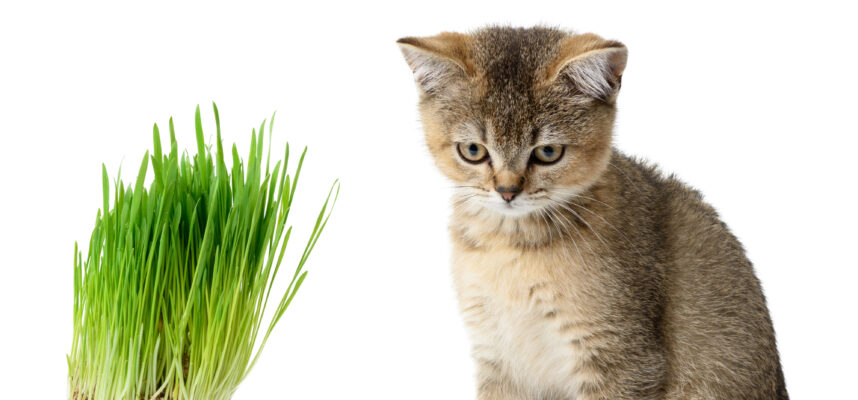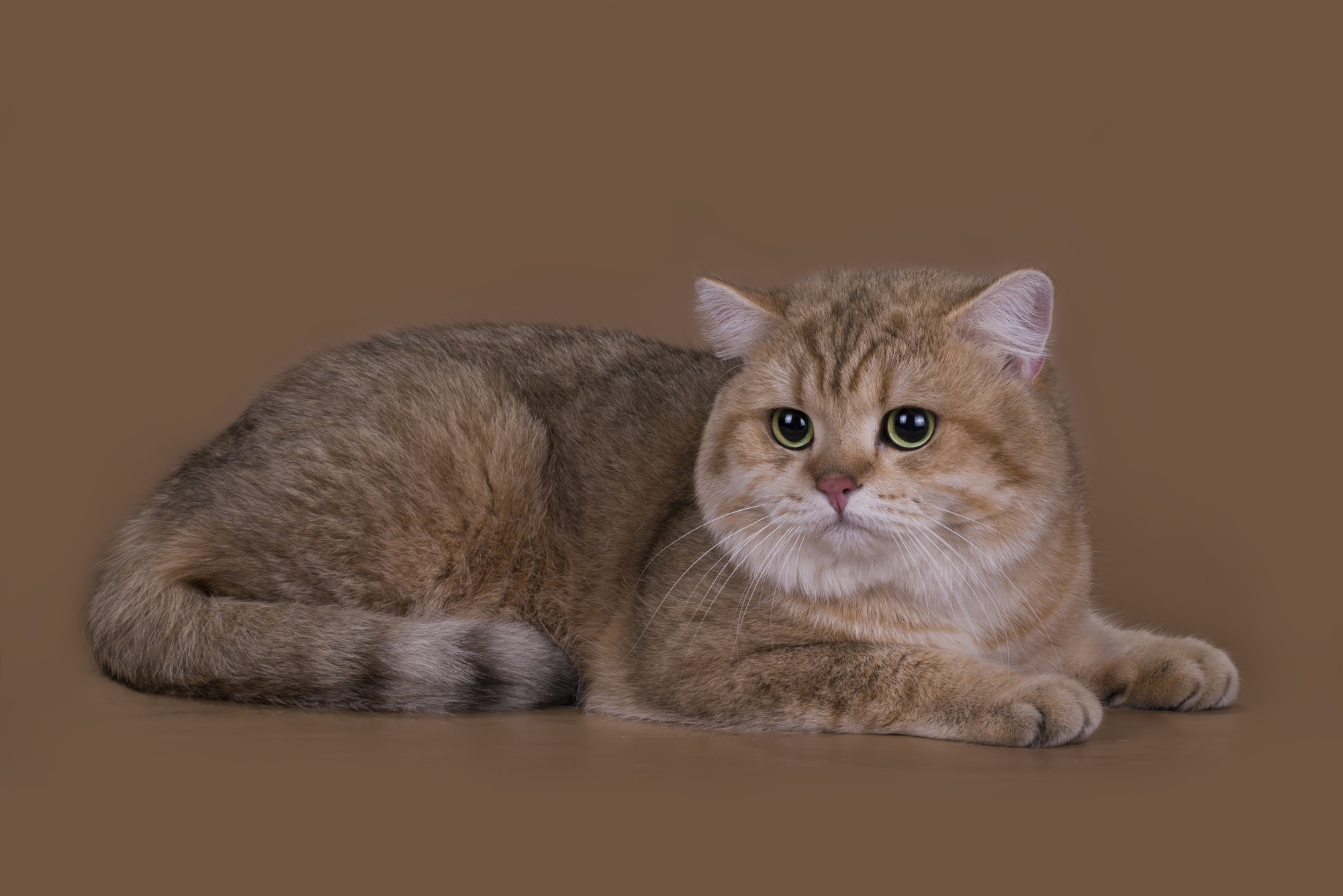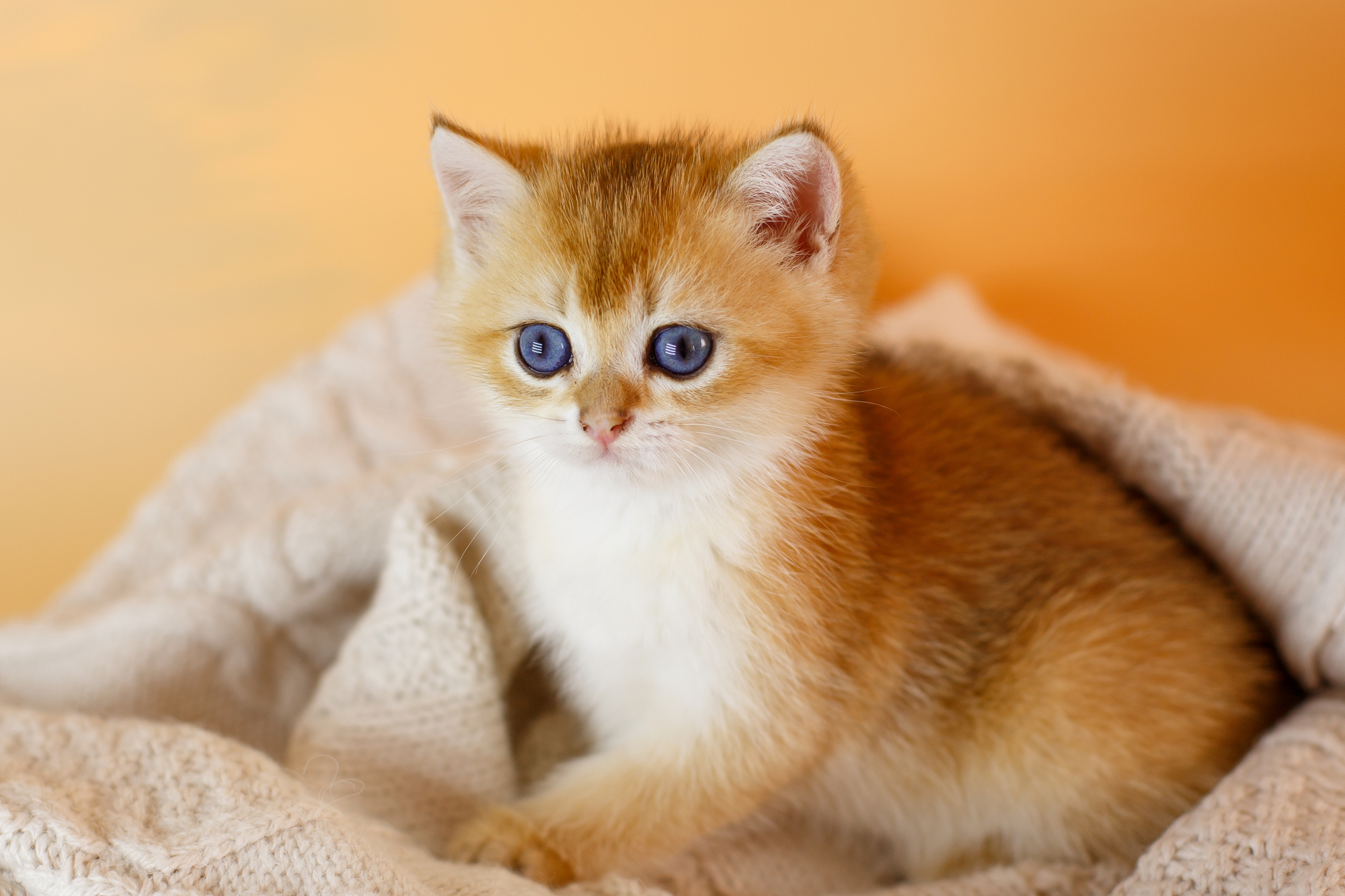
Nutritional features of British golden chinchillas
One of the outstanding advantages of British chinchillas is their luxurious plush coat of a noble golden color. British cats, especially in childhood, are a cute bundle of warmth and beauty. With age, British chinchillas acquire a royal charm. Cats of this breed cannot be called graceful and graceful, so they need special food.
Content:
- How to feed British golden chinchillas
- Natural food or industrial feed: pros and cons
- Is it possible to feed the British cat with industrial food and natural food
- Which commercial food to choose for a British cat
- Norms of feeding the British golden chinchilla dry food
- Norms of feeding the British chinchilla with natural food
How to feed British golden chinchillas
Regular food, as for most representatives of the feline family, will definitely not work for the British golden chinchilla. Before buying a British golden chinchilla kitten in the cattery, the owner must learn the nutritional characteristics of his thoroughbred pet.
Representatives of the British breed are distinguished by their impressive size. These heavy and massive cats are second only to the giant Maine Coons in size. Therefore, feeding British golden chinchillas must be rational and balanced.
The British owners need to correctly formulate a complete diet for their luxurious pet in order to maintain a high level of activity, beauty and longevity of this unique animal. To maintain a powerful form, the British need a special diet with a high protein content (up to 40-50%).
A large physique presupposes not only developed muscles, but also a massive musculoskeletal system to withstand the load. In addition to protein-rich foods, the Briton will need sources of a variety of vitamins and minerals. To maintain a beautiful and silky coat, a whole range of nutrients are also required. British owners often face an important question: whether to feed the pet with natural food or give preference to industrial food.
Natural food or industrial feed: pros and cons
To understand the best way to feed the British golden chinchilla: natural or dry and wet food, consider the positive and negative sides of both options.
Natural food
Veterinarians recognize the fact that natural food, prepared with the British cat in mind, is good for the pet’s body. These products include: meat, fish, dairy products, vegetables. Naturally, food from the human table is prohibited, with the addition of spices, genetically modified additives, flavor enhancers, preservatives.
Benefits of Feeding Your British Cat Naturally:
- Feeding with natural food is as close as possible to the conditions of the wild.
- Ability to independently control the quality and quantity of ingredients.
- Cats are obligate predators, so their digestive system is ideally suited to digest natural meat and offal.
Disadvantages of eating natural British chinchilla:
- Natural food spoils quickly, you will have to cook every day.
- Difficulty maintaining a balance (52/36/12) of proteins, fats, carbohydrates, vitamins and minerals.
- You will need to select products that your pet prefers.
Industrial feed
Advantages of feeding the British chinchilla with industrial food:
- Balanced diet – the right combination of proteins, fats, carbohydrates, vitamins and minerals.
- Prevention and treatment – the assortment includes industrial food used for prophylactic and therapeutic purposes for feline diseases.
- Stable digestion and metabolism – the pet’s body gets used to the intake of the same substances and produces the necessary enzymes for them.
- Fractional Feeding – allows the British cat to eat small meals throughout the day if the owners are forced to leave the house.
- Like cats – appetizing dry granules of high quality food are designed taking into account the taste preferences of the feline family.
- Convenient, fast and easy for owners – there is no need to independently calculate the balance of proteins, fats, carbohydrates, minerals, vitamins and other nutrients.
- Saving budget – commercial feed for the British breed is fully balanced for the animal’s body.
Disadvantages of British dry and wet food:
- Dehydrated food has little moisture, you will need to monitor the cat’s drinking regimen and change the water regularly.
- With improperly selected industrial feed, there is a risk of developing urolithiasis. Dehydration also causes kidney and bladder problems.
- Cheap dry food is dominated by carbohydrates and insufficient percentage of proteins, lack of essential vitamins and minerals.
- Dry food helps to clean plaque – this is a myth.
- Because of the pronounced flavors in inexpensive industrial food, cats literally swallow “crackers” whole without chewing, which leads to digestive problems or vomiting. And cheap wet food contains a variety of synthetic flavors and aromas to draw your cat’s attention to non-nutritive ingredients.
- Dry food does not provide the required muscle load on the jaws.
All of the above factors must be considered when choosing the type of food in order to maintain the health and beauty of the British golden chinchilla. Knowing the pros and cons of natural food and industrial feed, the owner will be able to make the right choice in favor of a particular diet.
Is it possible to feed a British cat with industrial food and natural food
Many owners of representatives of the feline family are concerned about the question: is it possible to feed the pet with dry food and homemade food at the same time? According to veterinarians, feeding cats with different types of food can lead to digestive problems.
The body of an animal is designed in such a way that the stomach is capable of producing one type of enzyme. Combining different types of food can ruin your pet’s metabolism and digestive system.
Under natural conditions, representatives of the feline family eat the same food throughout their lives (rodents and insects). Food for the animal is a source of nutrients, not taste preferences. Although pets, who do not need to survive in extreme outdoor conditions, do not mind eating delicacies.
Is it possible to feed British cats with homemade food and natural food? Disputes on this topic continue to this day. Veterinarians cannot deny the benefits of natural food, but high-quality industrial feed provides nutritional value to the animal. Veterinary experts agree that the main thing is to separate meals by time.
Owners who are planning to buy a British golden chinchilla kitten should be aware that it is strictly forbidden to feed it with natural products if it has been taught to premium-class specialized feeds in the cattery. The introduction of natural food into the diet should be competent and gradual, and only after talking with the breeder and consulting a veterinarian.
British Golden Chinchilla Feeding Rates for Dry Food
Dry food rate per day
| Adult weight (kg) | Daily dose (grams) | Kitten age (months) | Daily dose (grams) |
| 3 | 45 | 2-3 | 30-50 |
| 4 | 55 | 3-6 | 40-65 |
| 5 | 65 | 6-9 | 55-70 |
| 6 and more | 12 g per 1 kg of weight | 9-12 | 60-80 |
Wet industrial feed rate per day
| Adult weight (kg) | Daily dose (grams) | Kitten age (months) | Daily dose (grams) |
| 3 | 190-200 | 2-3 | 170-210 |
| 4 | 230-240 | 3-6 | 210-300 |
| 5 | 250-260 | 6-9 | 210-300 |
| 6 and more | 300 | 9-12 | 170-255 |
The daily feeding rate for wet and dry food is usually divided by 2-3 times. An individual approach is important here. Check with your veterinarian or read the instructions on the package.
British Chinchilla Feeding Norms for Natural Food
The basis of the diet is meat protein (50-80%). The meat is given raw, pre-frozen. When taken out of the freezer, raw meat can be scalded several times with boiling water. Boil offal. Meat is fed every day, sea fish is included in the menu 1-2 times a week.
Frequency of feeding complementary foods
| Products | Feeding frequency | Feeding method |
| Cereals (oats, rice, buckwheat) | 2-3 times a week. | Boil meat with cereals. |
| Vegetables (carrots, zucchini, beets, cabbage, cucumbers, broccoli) | Every day. | Chopped vegetables are mixed with raw meat, added to boiled broths with cereals. |
| Cottage cheese | 2-3 times a week. | An independent dish. |
| Fermented milk products (cream, kefir, sour cream, natural yogurt) | Every day (if there is no indigestion after consuming the listed products). | Separate meal. |
| Sprouted oat grass | Every day. | You can allow pets to chew the blades of grass or chop and mix with minced meat, vegetable puree, add to meat broths with cereals. |
A healthy adult pet should be fed two or three times a day. British golden chinchilla kittens are fed in smaller portions up to six times a day. The daily intake of food for an adult British cat is about 5% of its weight, at least 60-70% should come from meat products. They are supplemented with cereals with vegetables or fermented milk products.
Detailed indicators in grams
| Adult cat weight (kg)
|
Meat and offal (daily)
|
Cereals (2-3 times a week)
|
Vegetables (daily)
|
Fermented milk products (daily, if gastrointestinal upset does not occur) |
| 3 | 80 | 45 | 10-15 | 70 |
| 4 | 100 | 60 | 20-30 | 80 |
| 5 | 125 | 75 | 25-35 | 100 |
| 6 | 150 | 90 | 30-40 | 130 |
With natural feeding, vitamin and mineral complexes for cats are included in the diet. Information and data regarding feeding British golden chinchillas is for guidance only. Each representative of the feline family is unique: body weight, health features, taste preferences.
Approach the issue of feeding individually. In doubt, check with the breeder or consult your veterinarian. The quality and life expectancy of the British golden chinchilla, as well as its beautiful appearance, depend on nutrition. With good nutrition, the British golden chinchilla will become your faithful companion and home decoration for years to come.
